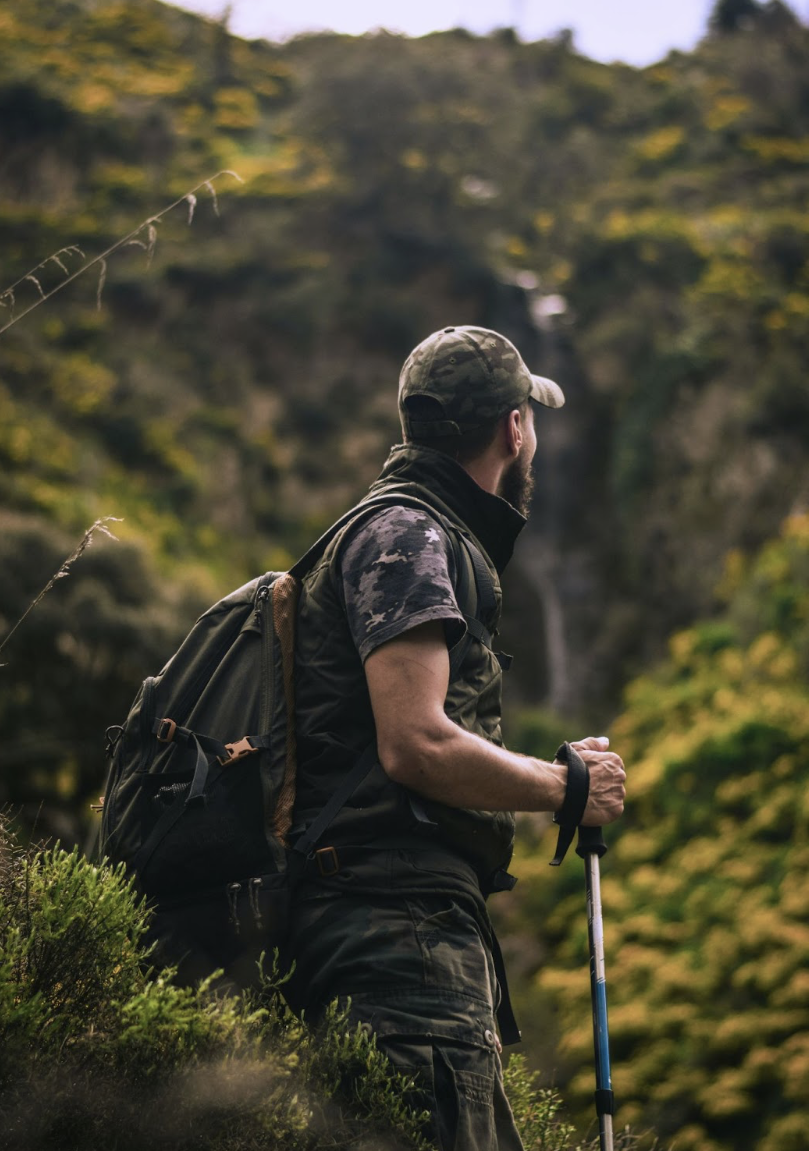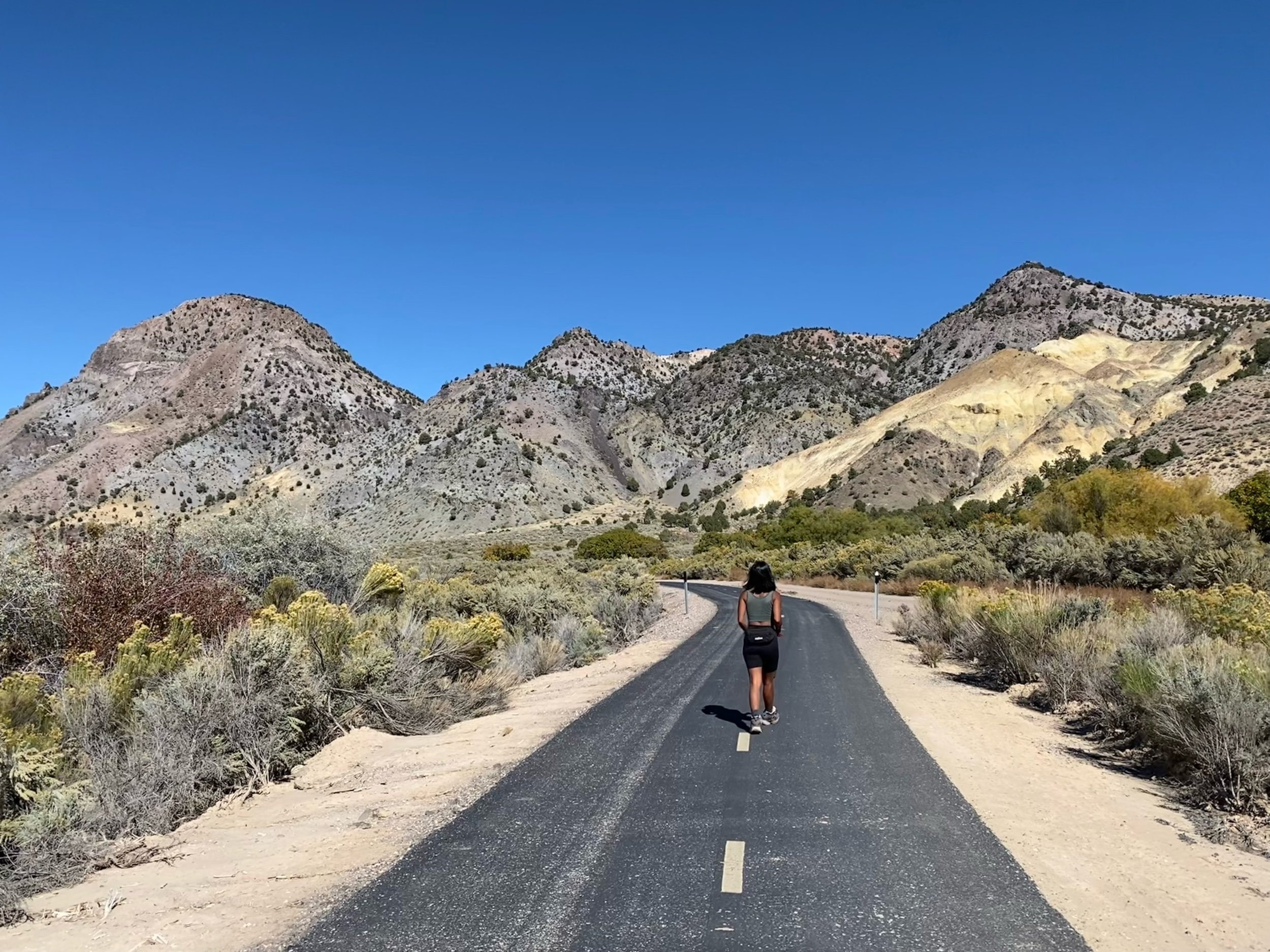Personal Injuries & Hiking: 7 Ways to Legally Protect Yourself
Hiking is a beloved outdoor activity that allows individuals to connect with nature, explore scenic landscapes, and engage in physical exercise. However, like any outdoor adventure, hiking carries inherent risks, and personal injuries can occur unexpectedly. Whether it's a slip on a rocky trail, encounters with wildlife, or unforeseen weather conditions, hikers need to be aware of potential legal implications surrounding personal injuries during their expeditions. In this article, we will explore six essential ways hikers can legally protect themselves while enjoying the great outdoors.
Understanding Premises Liability Laws
One crucial aspect of legal protection for hikers involves understanding premises liability laws. Landowners, such as national parks or private property owners where hiking trails are located, may be held responsible for injuries that occur on their premises. Hikers should be aware of the specific rules and regulations governing the area they plan to explore. In some cases, landowners may be liable for injuries resulting from hazardous conditions they were aware of but failed to address. Keeping abreast of the legal framework surrounding premises liability can provide hikers with the knowledge needed to navigate potential legal claims in the event of an injury.
Documenting Trail Conditions and Incidents
Maintaining a record of trail conditions and any incidents that occur during a hike is a proactive way to legally protect oneself. In the digital age, hikers can use smartphones to document potential hazards, dangerous wildlife encounters, or any other circumstances that may lead to personal injuries. Taking photographs, recording videos, and noting the date and time of incidents can serve as valuable evidence in the event of a legal dispute. This documentation not only aids in establishing the conditions at the time of the injury but also helps hikers recall details that may fade over time. The ability to present a comprehensive record can strengthen a legal case and provide a factual basis for any claims made.
Liability Waivers and Informed Consent
Before embarking on a guided hiking tour or participating in organized outdoor activities, it is common for participants to sign liability waivers or provide informed consent. These legal documents outline the risks associated with the activity and often seek to release the organizer or property owner from liability in case of injuries. While these waivers may not absolve all parties of negligence, they can impact the legal standing of a hiker in the event of a personal injury. Hikers should carefully read and understand the terms of any waivers they sign and be aware of the limitations these documents may impose on potential legal actions. Being informed about the legal implications of signing such waivers is an integral part of protecting oneself during organized hiking activities.
Navigating the Aftermath of an Injury
In the unfortunate event of a personal injury during a hiking expedition, seeking legal counsel becomes paramount. It is crucial to consult with an experienced personal injury attorney who specializes in outdoor recreation accidents. These professionals can assess the specifics of the case, evaluate liability, and guide hikers through the legal process. If you find yourself looking for a personal injury attorney in Waterbury, CT, or any other place where the incident occurred, ensure that they have expertise in premises liability and outdoor recreational accidents. A skilled attorney can provide invaluable advice on the best course of action, whether it involves negotiating with responsible parties, filing a claim, or pursuing legal action. Their expertise will help hikers navigate the aftermath of an injury and work towards a fair resolution, reinforcing the importance of legal preparedness in the world of hiking.
Insurance Coverage for Hiking Injuries
Understanding your insurance coverage is another crucial aspect of legally protecting yourself while hiking. While health insurance typically covers medical expenses resulting from accidents, it's essential to be aware of the specific terms and limitations of your policy. Some health insurance plans may exclude coverage for injuries sustained during certain activities, such as extreme sports or outdoor recreation. Hikers should consider obtaining additional coverage, like adventure sports insurance or a specific outdoor activities rider, to ensure comprehensive protection. Being well-informed about your insurance coverage can mitigate financial burdens associated with medical bills in the event of a hiking-related injury.
Educating Fellow Hikers on Legal Preparedness
Promoting a culture of legal preparedness within the hiking community is a collective responsibility. As avid outdoor enthusiasts, hikers can play a crucial role in educating their fellow adventurers about legal considerations and risk mitigation. Sharing information about premises liability, documenting incidents, and understanding liability waivers can contribute to a safer and more legally aware hiking community. By fostering a sense of responsibility and knowledge-sharing, hikers can collectively work towards minimizing the legal challenges associated with personal injuries and ensuring a more enjoyable experience for everyone.
Government Regulations and Safety Standards
Hikers should familiarize themselves with government regulations and safety standards that apply to the trails they explore. National parks, state forests, and other public lands often have specific rules and guidelines in place to ensure visitor safety. Being aware of these regulations can provide hikers with insights into their legal rights and responsibilities. Moreover, adhering to established safety standards helps reduce the risk of accidents and strengthens a hiker's legal position in case of an injury. By actively supporting and promoting compliance with these regulations, hikers contribute to the overall safety and legal well-being of the outdoor community.
In the pursuit of outdoor adventure, hikers must recognize the importance of legal preparedness as an integral part of their journey. From understanding premises liability laws to documenting trail conditions, signing liability waivers, seeking legal counsel, and being aware of insurance coverage, the legal landscape surrounding hiking is multifaceted. As part of a responsible hiking community, individuals should not only prioritize their legal protection but also contribute to the collective knowledge and awareness of legal considerations. By fostering a culture of safety, educating fellow hikers, and respecting government regulations, outdoor enthusiasts can create a harmonious balance between the thrill of exploration and the necessity of legal diligence. Ultimately, the combination of personal responsibility, legal education, and community collaboration ensures that the trails remain a place of joy, discovery, and safety for all.







